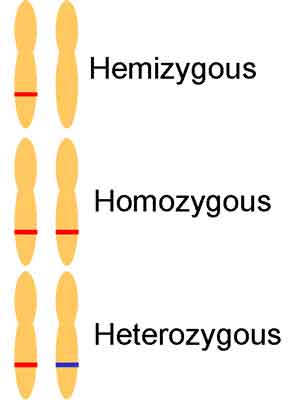The Role of Genetics in the Development of Celiac Disease
 Speakers at International Celiac Disease Symposium 2015 in Prague emphasized the importance of using gene testing to exclude celiac disease, especially in children.
Speakers at International Celiac Disease Symposium 2015 in Prague emphasized the importance of using gene testing to exclude celiac disease, especially in children.
If a child does better on a gluten-free diet but does not have the HLA-DQ2 or HLA-DQ8 genes, they almost certainly do not have and will never have celiac disease.
 Dr. Cisca Wijmenga of the Netherlands reports that HLA-DQ2 accounts for 25% of the genetic risk factors for celiac disease. If you get this gene from BOTH parents, your risk of developing celiac is much higher. Those in this boat are in fact more than 3 times as likely to become celiac by age 3 as those with only one HLA-DQ2 gene, says Dr. Maria Luisa Mearin of the Netherlands.
Dr. Cisca Wijmenga of the Netherlands reports that HLA-DQ2 accounts for 25% of the genetic risk factors for celiac disease. If you get this gene from BOTH parents, your risk of developing celiac is much higher. Those in this boat are in fact more than 3 times as likely to become celiac by age 3 as those with only one HLA-DQ2 gene, says Dr. Maria Luisa Mearin of the Netherlands.
On the flip side, the many, many other genes in our genome account for 75% of the risk for developing celiac disease. Caucasians are at a higher risk of developing celiac disease than other races.
The “paradox” as referred to by Dr. Fritz Koning of the Netherlands is that 95% of celiac patients are HLA-DQ2 positive, but 95% of HLA-DQ2 positive individuals are not celiac. If you carry the HLA-DQ8 gene but not HLA-DQ2 gene, you actually have a very low risk of developing the disease. The risk is far higher if one carries the HLA-DQ2 gene.
Genes for celiac disease overlap with the genes associated with other autoimmune diseases. This may explain linkages between celiac and such disorders as Type 1 Diabetes (DMI) , multiple sclerosis and Crohn’s disease.
It was predicted that an understanding of the role of genetics will provide insights into why the immune cells do not work properly in those with celiac disease. A better understanding of genetic factors would allow for the identification of factors in disease development and perhaps prevent the onset of celiac disease.
Work continues to find additional genes that contribute to the risk of developing celiac disease. One researcher reported finding genes that cover approximately 18% of the risk for celiac disease. Another identified genes that are much more common in children with CD than adults with CD, suggesting that childhood onset and adult onset celiac disease may be identifiable, leading to different monitoring strategies. More research is needed in this area.
Canadian Celiac Association (CCA) Board Member Mark Johnson and Operations Manager Sue Newell represented the CCA at the 2015 International Celiac Disease Symposium (ICDS) held in Prague in June 2015. This report represents their learnings on the Role of Genetics in the Development of Celiac Disease. Want to join the Canadian Celiac Association? Visit www.celiac.ca or email [email protected]














